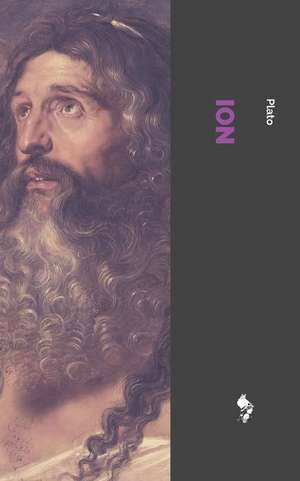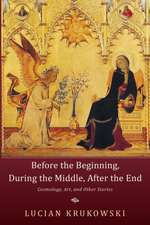Ion
Autor Plato Traducere de Benjamin Jowetten Limba Engleză Paperback – 28 sep 2018
Preț: 44.60 lei
Nou
8.53€ • 8.80$ • 7.12£
Carte indisponibilă temporar
Specificații
ISBN-10: 1724161040
Pagini: 26
Dimensiuni: 127 x 203 x 2 mm
Greutate: 0.04 kg
Editura: LIGHTNING SOURCE INC
Descriere
An award-winning public reader of Homer discusses poetry and the nature of performance with the probing and insightful Socrates in Plato's immortal dialogue. Ion, a professional rhapsode, performer of dramatic recitations of Homer and lecturer on poetry, has a revealing discussion with Socrates. Acclaimed for the power of his performances, Ion becomes so involved in performing that he feels the emotions described in his story and expects them to be transmitted to his audience, inspiring laughter or tears. More than this, Ion claims his understanding of Homer is second to none. Socrates offers a chain of subtly wily questions that cause much reconsideration of the nature of poets, poetry and artistic interpretation. The even, ironic tone of the philosopher makes a sharp and amusing contrast with Ion's pride and energy in this elegant example of Plato's penetrating thought. With an eye-catching new cover, and professionally typeset manuscript, this edition of Ion is both modern and readable.




